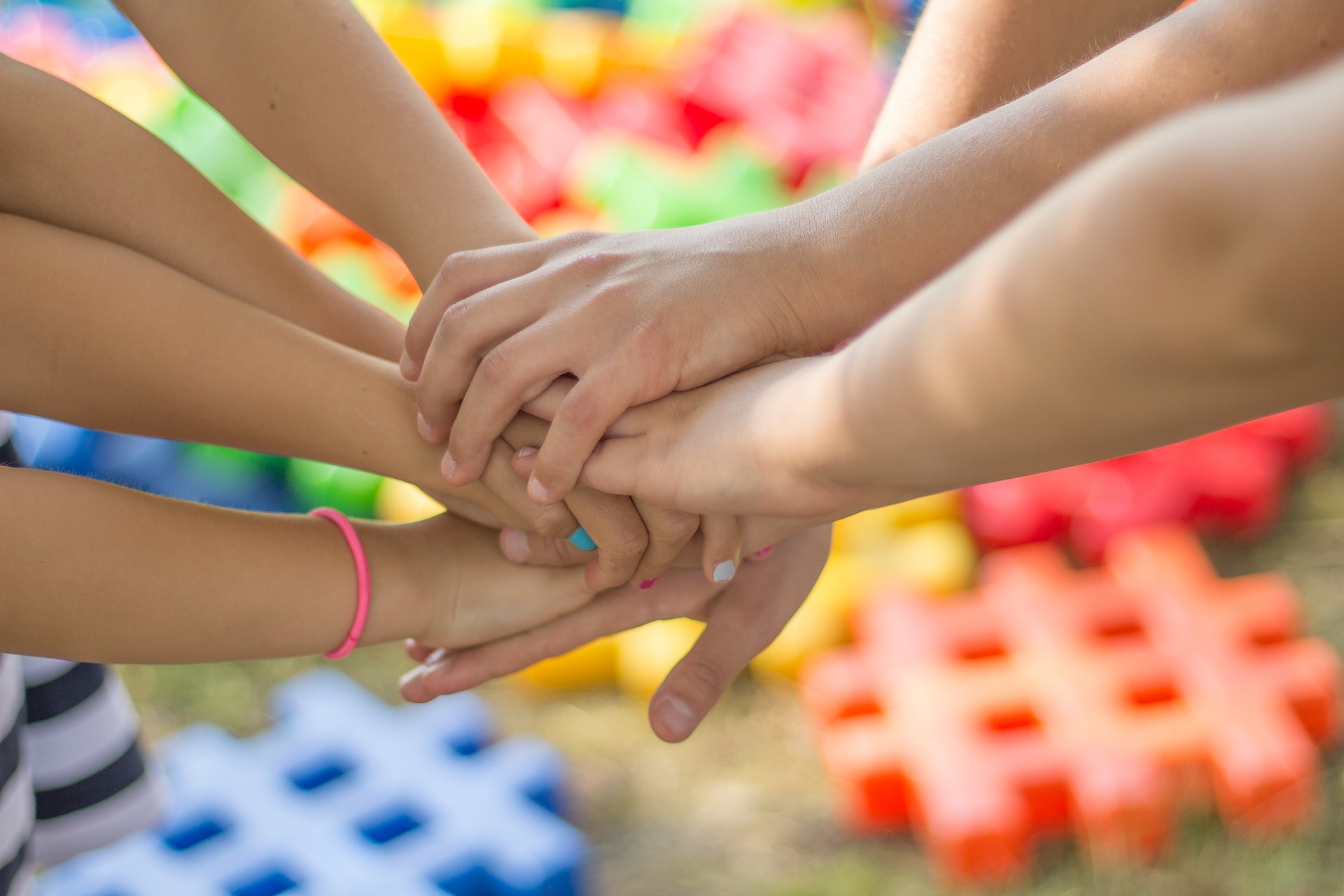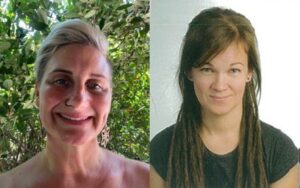
Outcomes from the 'Circles of Support' program, a free peer education and recovery program for families and friends of individuals who experience alcohol and drug-related issues, has been deemed a success by Flinders University rural and remote health experts.
The program was developed and implemented in the Darwin region and facilitated by peers, or people with their own lived experience, who are trained to provide education and support to others and use their lived experience in a hopeful and purposeful way.
A new study by Flinders University gave a big tick of approval for outcomes of the evaluation of the program, which was developed and delivered by the NT Lived Experience Network with funding from the Alcohol and Drug Foundation.
The evaluation identified four main themes that supported the positive change for family and friends:
- The value of peer-to-peer support,
- Facing challenges and distress,
- Adopting self-care strategies, and
- Developing valuable skills.
The findings, published in the international Journal of Environmental Research and Public Health, were presented by Flinders University's Rural and Remote Health – Northern Territory researchers including Dr Noemi Tari-Keresztes, Professor James Smith and Dr Himanshu Gupta and peer worker Noelene Armstrong from NT Lived Experience Network at the recent Association of Alcohol and other Drug Agencies NT conference.
The evaluation confirms that substance use issues significantly affect the whole family and even the broader social environment.
Further, it is one of the most stigmatised behaviours, and the families of individuals with substance use issues experience blame and stigma from others, manifesting as a sense of shame and inferiority. The impact is that families often conceal their loved ones' alcohol or drug use, negatively impacting their own self-esteem, life satisfaction, and happiness and heightening their experience of depression and anxiety.
Peer support is an evidence-based strategy that provides a safe, trusting, non-judgmental and inclusive shared space where families can feel accepted and understood.
"Participants reported learning strategies to support their own recovery, including ways to support their own wellbeing and to practice self-care," says Flinders University academic Dr Tari-Keresztes, a Research Fellow of Lived Experience.

"They also learned skills to apply in personal relationships, ways to respond to stigma and discrimination, and how to navigate the complex services available to them."
NT Lived Experience peer worker and advocate Ms Noelene Armstrong, who was instrumental in running the pilot, noted the profound impact that the experience had for both facilitators and participants.
"It is unsurprising that our families felt safe and understood during the program - we know from our own experience that it is necessary to be in a supportive environment, to process the information and practice the skills needed to support us on our journey," says Ms Armstrong.
"Our facilitators understand their role – they have had similar transformative experiences participating in a program themselves and can speak to the impact it had for them."
However, Ms Armstrong adds that further funding is required to sustain the delivery of programs and the momentum generated through the pilot.
"We have been privileged to receive funding to develop and trial the 'Circles of Support' program and two other programs: 'Recovery Together' for individuals who experience issues related to mental health and alcohol and drug use; and the 'Empowering YOUTH Program' for young people who have experienced adversity.
"We know this model of support works, but we need continuous funding to retain our staff and continue to support the lived experience community to live their best life."
The article, "You Don't Get That from Professionals": A Consumer-Led Peer Recovery Program for Families and Friends of Individuals with Alcohol and Other Drugs Use Issues in Darwin (2023) by N Tari-Keresztes, N Armstrong, JA Smith, H Gupta, S Goding and S-A Endemann has been published in the international Journal of Environmental Research and Public Health DOI: 10.3390/ijerph20085514
Acknowledgements: The program development, implementation and evaluation were funded through the Alcohol and Drug Foundation, Information Support Services Family and Friends Grants Program, from funding provided by the Australian Government Department of Health. Participants of the evaluation are acknowledged for the generous contribution of their lived experience and reflections.






